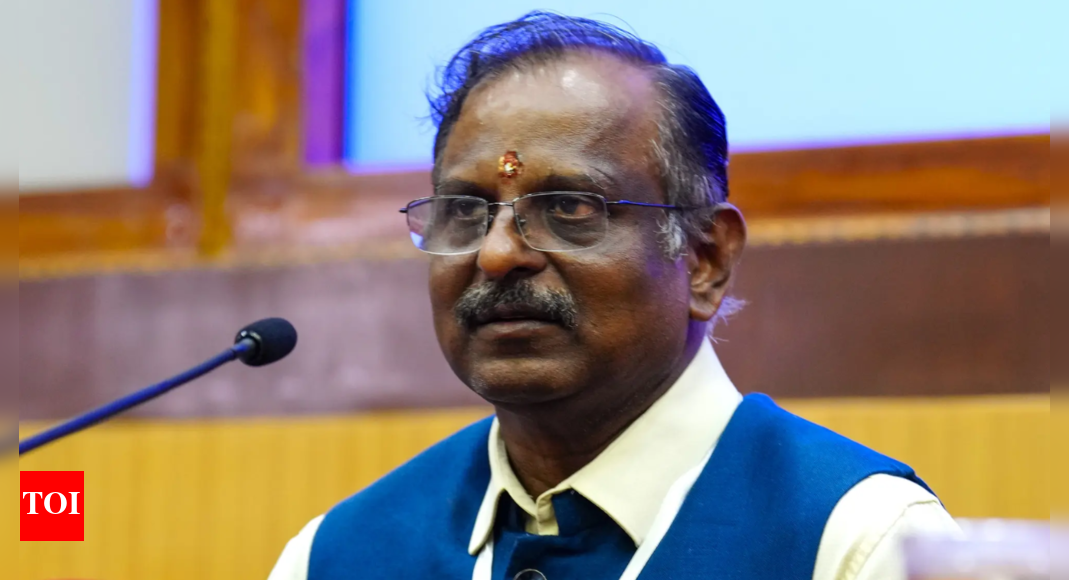Isro Faces Setback asEOS-09 Launch Fails Due to Technical Anomaly

NEW DELHI: The Indian Space Research Organisation (Isro) suffered a major setback on Sunday after its latest launch of the Earth Observation Satellite (EOS-09) failed due to a technical issue during the third stage of a PSLV-C61 rocket flight.
According to sources, Isro Chairman V. Narayanan confirmed the issue in a post-launch address to scientists, stating that the mission could not be completed as planned. "During the functioning of the third stage, we are seeing an observation and the mission could not be accomplished," he said, revealing that analysis would be carried out afterwards.
Isro acknowledged the failure on its official Twitter handle, saying, "Today, the 101st launch was attempted. PSLV-C61 performance was normal till the 2nd stage. Due to an observation in the 3rd stage, the mission could not be accomplished."
The problem arose during the third stage, a solid rocket motor with a maximum thrust of 240 kilonewtons, which is responsible for delivering high thrust after the rocket exits the atmospheric phase. The EOS-09 satellite was designed to capture high-resolution images regardless of weather conditions, day or night, with advanced C-band synthetic aperture radar capabilities.
However, Isro hailed the mission's environmental benefits, stating that it included deorbiting fuel to facilitate responsible end-of-life disposal and passivation of the fourth stage to reduce orbital debris, in line with global efforts for cleaner space operations.
Isro's woes come as a disappointment following recent successes in space exploration. Despite this setback, Isro remains committed to advancing its space research capabilities and pushing the boundaries of national interests.
